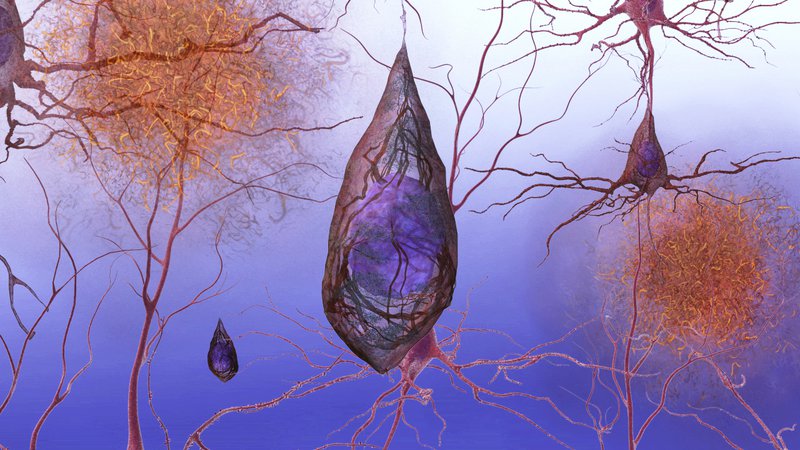Pathological hallmarks of Alzheimer’s disease may be impeded by the use of a new experimental drug developed by researchers at the University of California, San Diego, according to their recent findings.
Publicized in the Journal of Experimental Medicine, the American research team conducted tests on rodents using the novel γ-secretase modulators or GSMs to establish its efficiency.
Based on their series of tests, low doses of the GSM resulted in the termination of Aβ42 production among the rodents. The drug was effective enough to reduce the production by nearly 70 percent, with its administration incapable of leading to any toxic side effects.
The drug was tested before and after the formation of amyloid plaques. Plaque formation and subsequent inflammation associated with Alzheimer’s disease were reduced significantly by the drug, the findings showed.
“In this study, we have pharmacologically characterized a potent GSM that, based on its preclinical attributes, appears to equal or exceed the potency of any previously tested GSMs,” said one co-author of the study in a news release.
“Future clinical trials will determine whether this promising GSM is safe in humans and could be used to effectively treat or prevent Alzheimer’s disease.”


